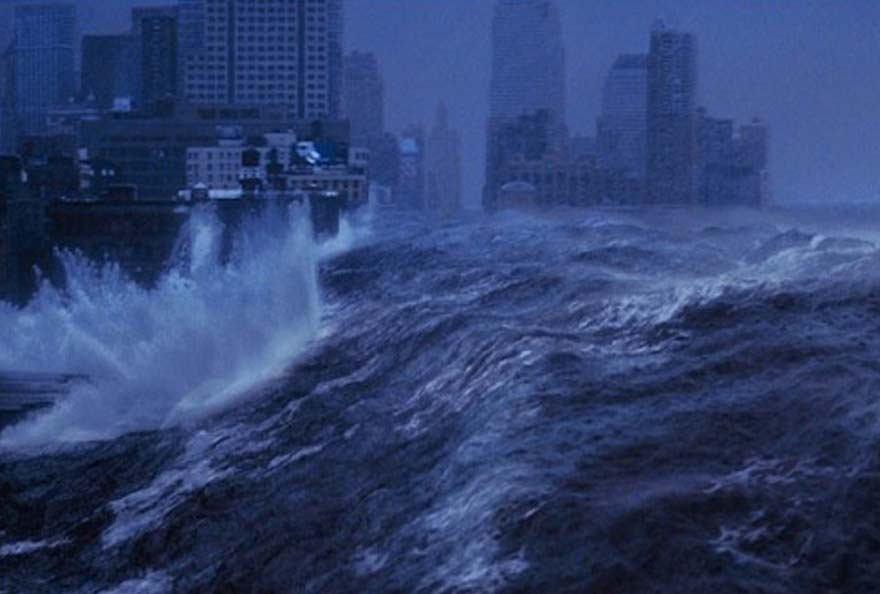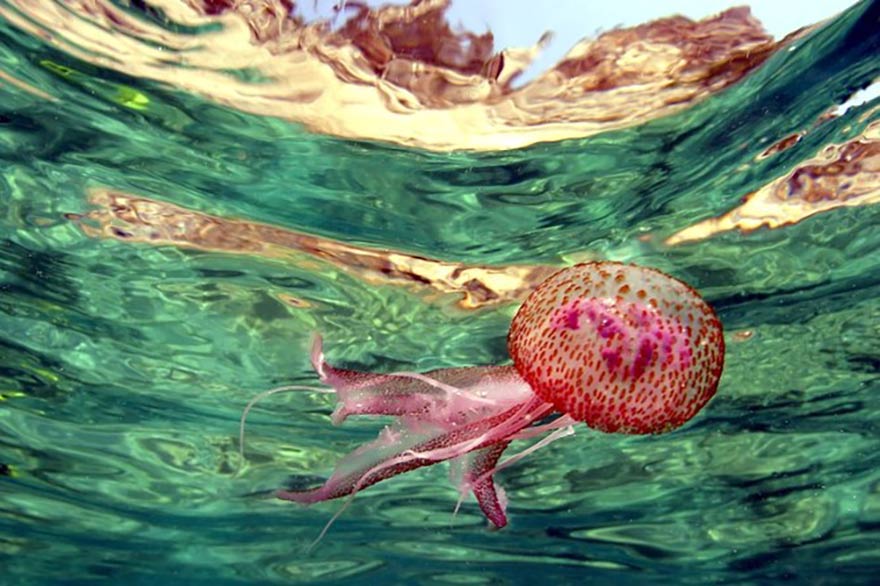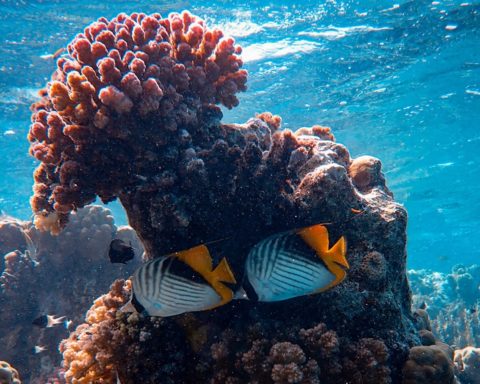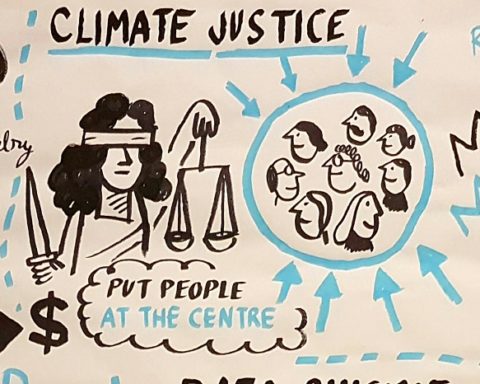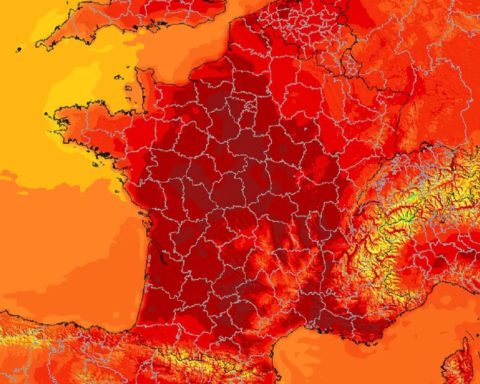"Surviving on two degrees Celsius is what it feels like. " this is the hot topic of the evening of thehe next conference of the Université populaire de la mairie du 2ème arrondissement de Paris will take place on Tuesday 3 November 2015 from 7 to 9 pm, as part of the Cycle QUESTIONS DE VIES of the Festival Vivant. The opportunity to measure how much the human species needs to find its biological connections!
Photo : New-York under the water in the film "The day after" of Roland Emmerich - 2004
You can't imagine how sensitive the living are! Yet, if we neglect the annual 3 mms rise in the oceans and fail to notice that springs are getting earlier and earlier, ignoring these minimal changes would simply be suicidal. Because we will have to understand that, faced with the climate threat, no living species, not even man, will be able to save itself alone.
Understanding the vulnerabilities of certain trees (Scots pine, beech...) or food crops, identifying new insect ranges, worrying about pollinators, knowing that, in the seas, the sole is resistant to warming but not the sea bass... is not a harmless exercise. The economic consequences of these disturbances are such that it will be necessary to arbitrate, compensate and involve the actors concerned.
 This November 3rd, Nathalie Frascaria-Lacoste, ecologist, professor at AgroParisTech, deputy director of the Ecology, Systematics and Evolution unit, will speak on this subject at the town hall of the 2nd arrondissement of Paris. On the programme of this second session of the People's University's Questions of Life Cycle, multiple questions will be addressed: How will ecosystems be able to adapt to global warming? What are the scenarios for ecosystems and our agriculture? What are the possible trade disputes? What are the risks and opportunities?The IPCC warns that there may be situations of non-return (irreversibility): How can we keep our hand in hand by assuming our responsibility? How do we keep the ability to act?
This November 3rd, Nathalie Frascaria-Lacoste, ecologist, professor at AgroParisTech, deputy director of the Ecology, Systematics and Evolution unit, will speak on this subject at the town hall of the 2nd arrondissement of Paris. On the programme of this second session of the People's University's Questions of Life Cycle, multiple questions will be addressed: How will ecosystems be able to adapt to global warming? What are the scenarios for ecosystems and our agriculture? What are the possible trade disputes? What are the risks and opportunities?The IPCC warns that there may be situations of non-return (irreversibility): How can we keep our hand in hand by assuming our responsibility? How do we keep the ability to act?
Looking ahead to 2070
In the introduction, an excerpt from the film L'Urgence climatique will be presented, which will be followed by the testimony of its director, Gilles Luneau, who has just published L'Atlas du climat: Face aux défis du réchauffement (Climate Atlas: Facing the challenges of global warming).
After evoking the concerns of Bordeaux winegrowers and wood producers, Nathalie Frascaria-Lacoste will insist on the changes already evident and the IPCC warnings on non-return and irreversible phenomena. She will propose a prospective exercise "Horizon 2070" in order to allow everyone to project themselves, to think about the avoidance of deadlocks and our capacity to act. For this ecologist, "It is not enough to make scenarios by considering only scientific parameters (temperature, precipitation, increase in CO2, physiology of organisms, soil conditions...). Everything must be brought into line with the evolution of the choices made by societies, industrial players, consumption and priorities. We must learn to integrate social and technical data in order to build a collective vision"..
It refers to Canadians who have been able to do some forward-looking work about their forests. "Such joint work creates such an understanding between the parties involved that when change happens, group synergies are possible and relevant".. It also points to the very effective mobilisation of Australians on the issue of coral reef degradation.
She dreams of such platforms being set up in France to anticipate the upheavals to come. "It is a collective state of mind that will serve us best in making consistent choices for the future.
At a time when everyone is focusing on the climate emergency with COP 21, it must be understood that the living do not wait. And that all the links are interdependent!
Location 2nd District Town Hall, 8, rue de la Banque, 75002 Paris, France
Free admission as long as there are places available


